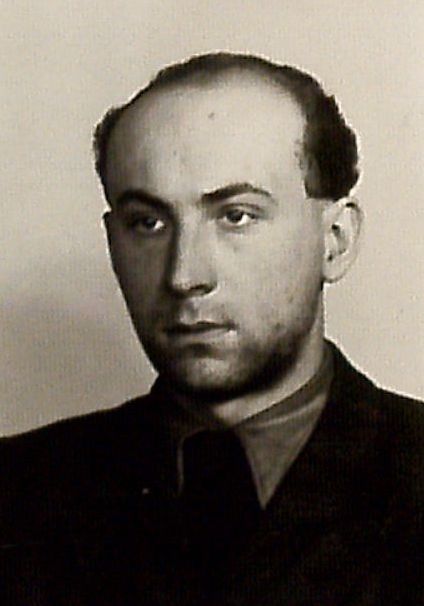With scouts, he helped people across the border, was sentenced to 16 years

Download image
Stanislav Haas was born on 24 October 1926 in Bystřice near Benešov. His father was a lawyer, his mother was a housewife, and besides her son she took care of two daughters. In 1937, Haas began studying at the Benešov grammar school, and in his spare time he was active in Junák and Sokol. After the Germans occupied the town, he experienced the arrests of legionaries and resistance fighters, harsh repression during the period after Heydrich´s assassination, the transport of the large Jewish minority, and the eviction of Czech families because of the Nazis’ intention to build an SS training area in the vicinity of the town. At the end of the war, on the other hand, in Benešov, he witnessed the theft and rape of women by Red Army soldiers, an extraordinary trial and the public execution of five Gestapo officers and one Czech collaborator. After graduating from secondary school in 1945, he enrolled to study at the Czech Technical University in Prague. In the capital city he took part in the march of students to the Castle in the days of the February 1948 government crisis, as well as in other expressions of protest against the rising Communist Party. He was expelled from the faculty in the same year for his attitudes and class origins. He found an administrative job in the construction company Pražská obnova (Prague Reconstruction). At that time, he became involved in an illegal scout group that focused on smuggling people across the border. Members also collected and passed military and economic information to a Western intelligence collaborator, Josef Heřmanský. Stanislav Haas was arrested by State Security on 15 September 1949. He was taken to Bartolomějská Street, where interrogations took place, involving slaps, poor food and unsatisfactory living conditions in an overcrowded cell. The public trial of the group took place from 19 to 21 June 1950 at the State Court in Prague. The sentences for treason and espionage ranged from three to twenty years. Stanislav Haas was sentenced to 16 years’ imprisonment. Initially, he was slaving in the uranium mines in the Jáchymov region in the Rovnost camp. As a result of his hard labour, he fell ill with inflammation of the heart muscle. After his recovery, he was transferred to the prison in Hradec Králové, where he first glued paper bags and painted cells, then became a stoker. Following an amnesty granted by President Zápotocký in 1953, his original sentence was reduced to eight years. After five years in prison, he was released on parole in June 1954. However, because of his designation as an enemy of the popular establishment, he was unable to find employment for a long time. He worked in various professions throughout Bohemia before landing at the Rychločistírna (Fast Dry Cleaners´) company in Prague, from where he retired at the age of 64. Stanislav Haas co-founded the organisation of former political prisoners K 231 in the Benešov region in 1968 and participated in its revival in 1990. He was awarded as a participant of the anti-communist resistance.



